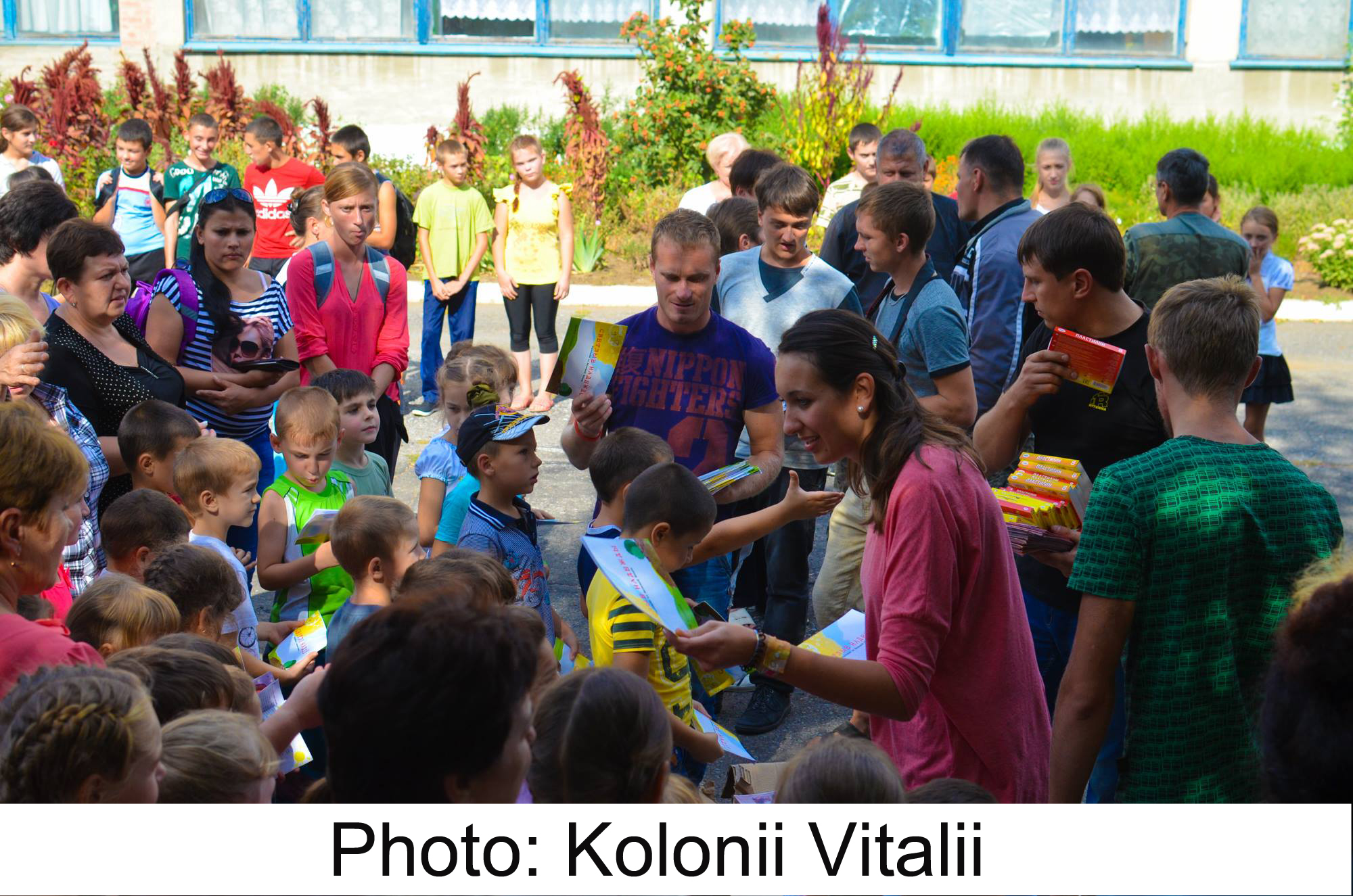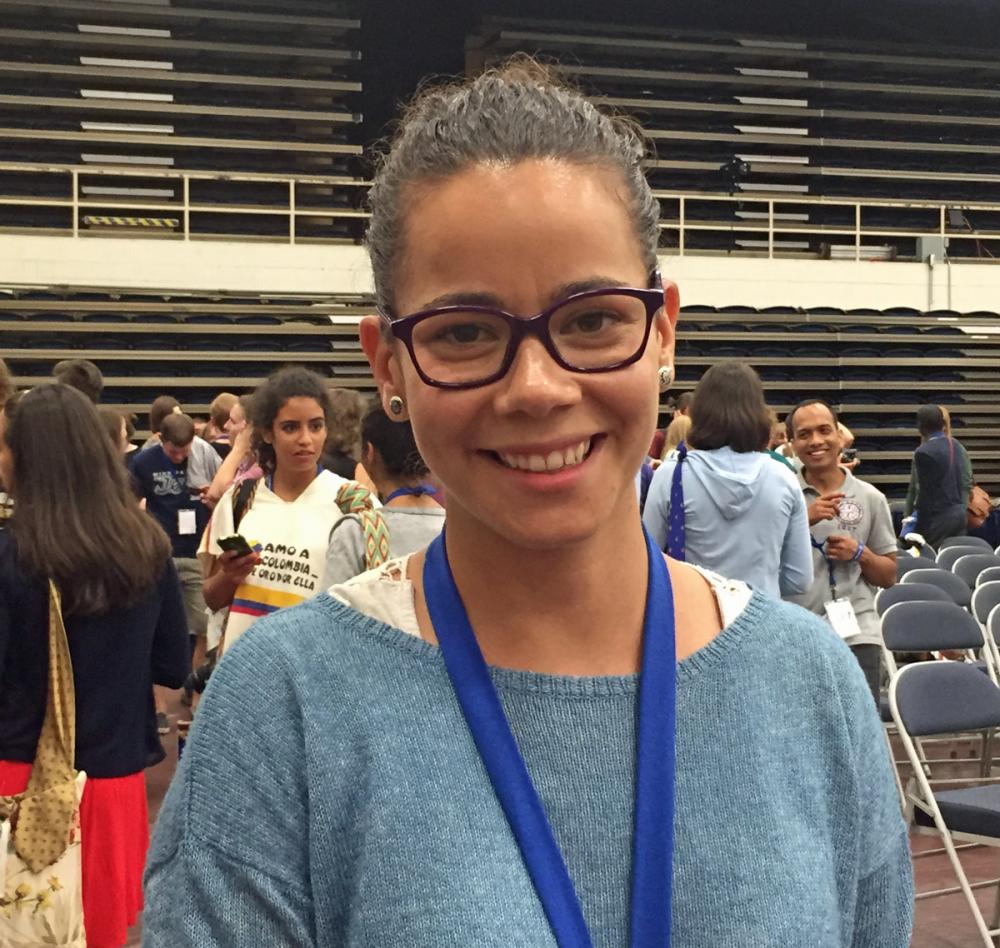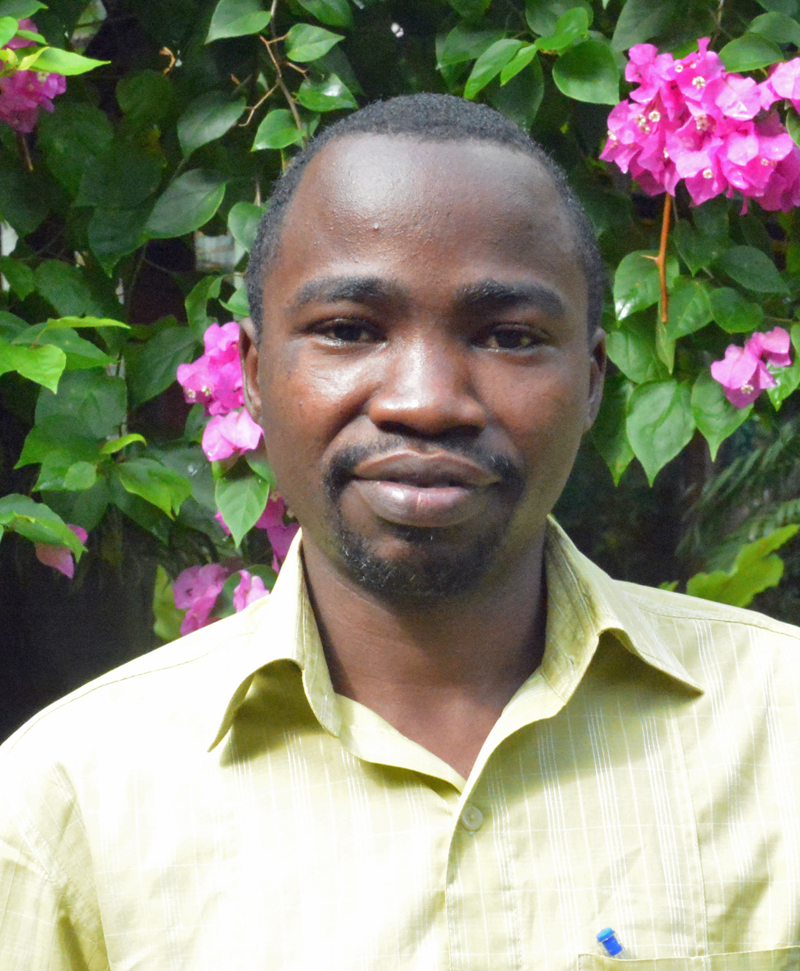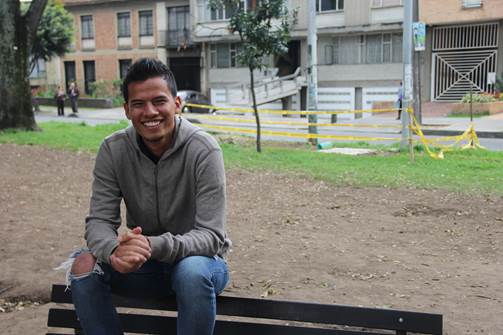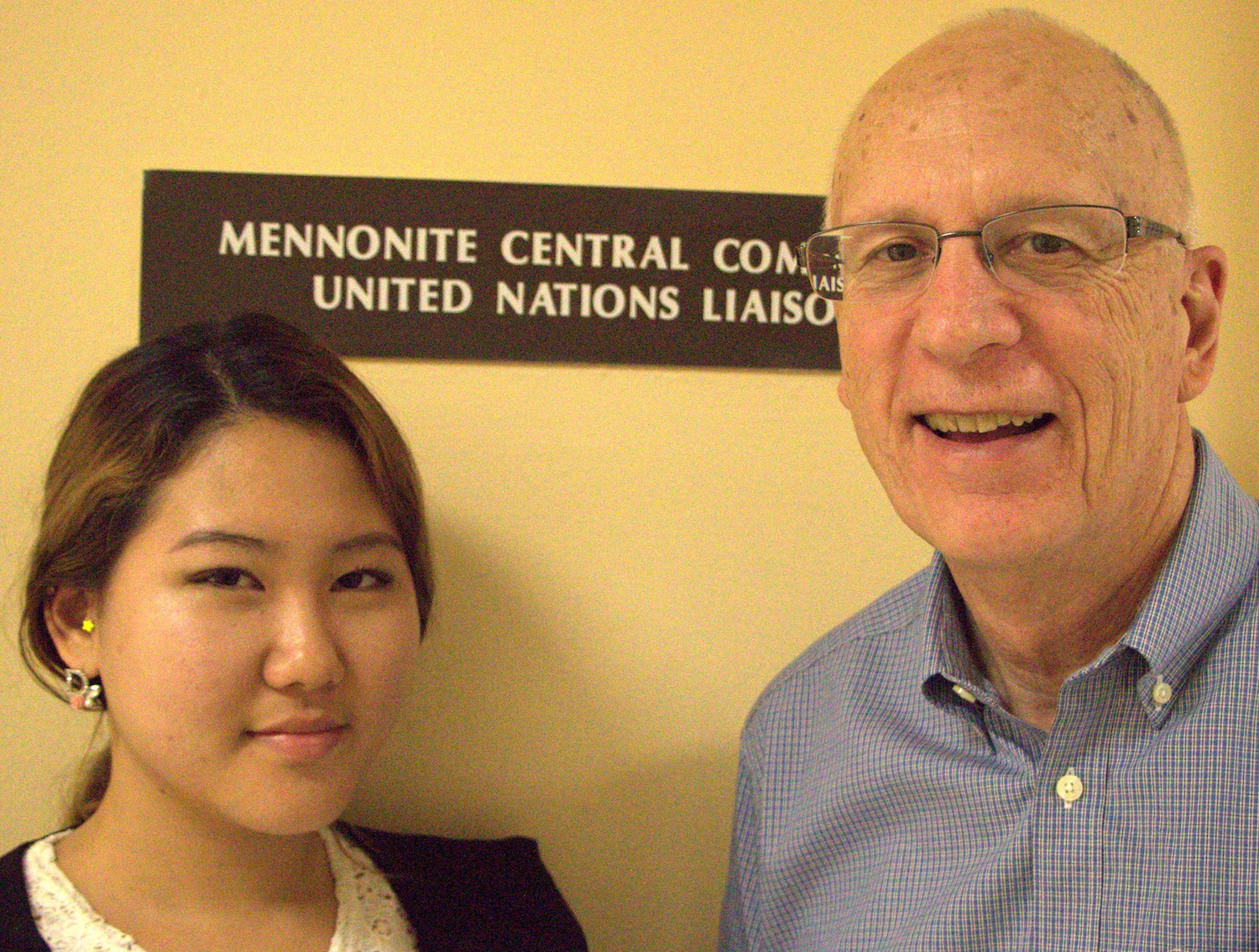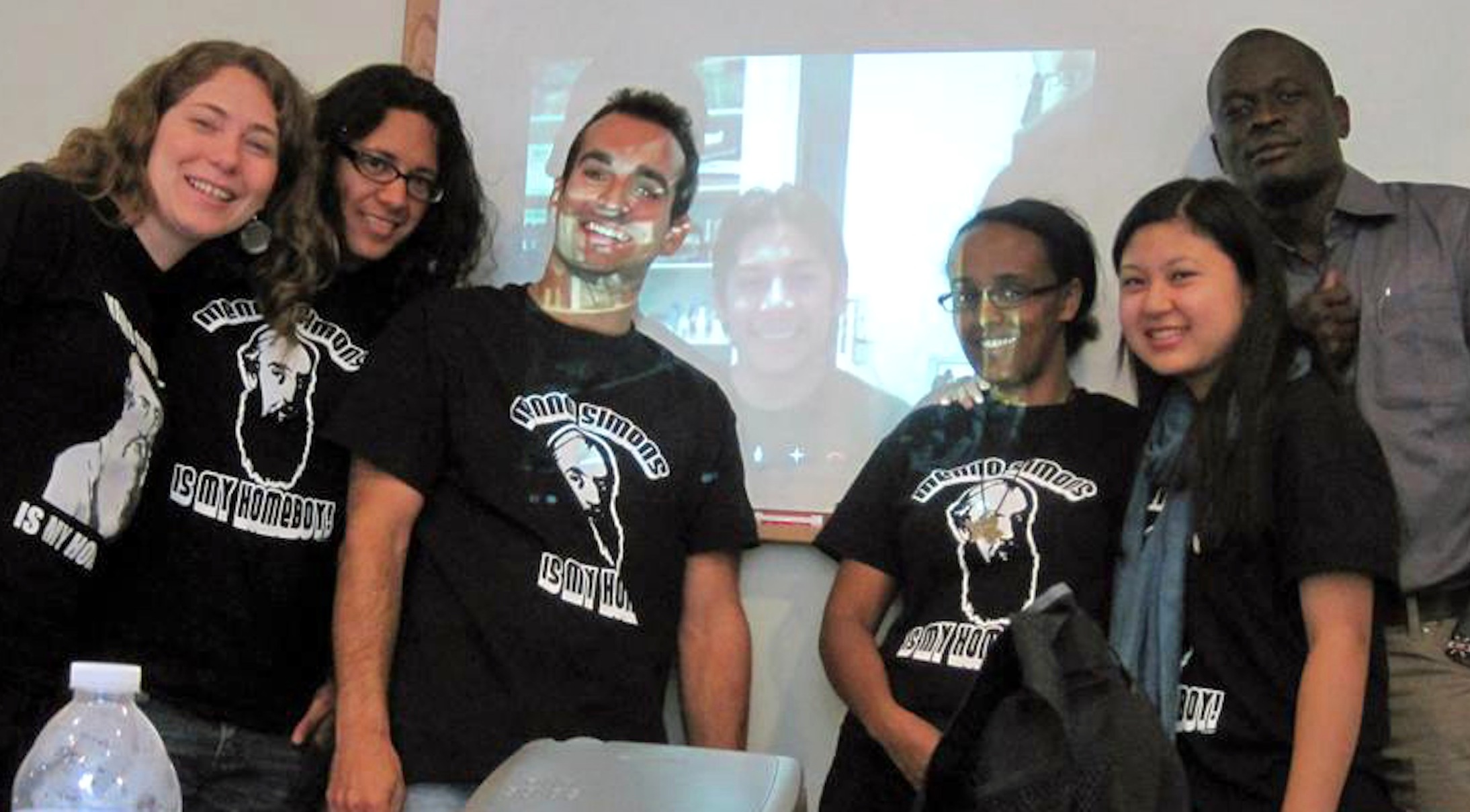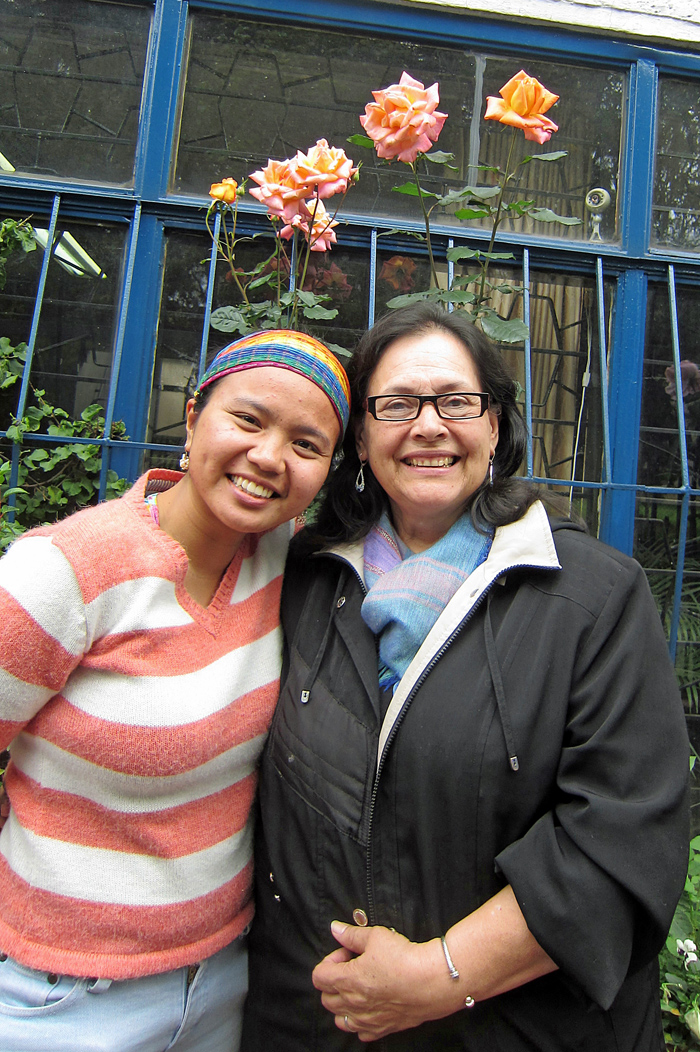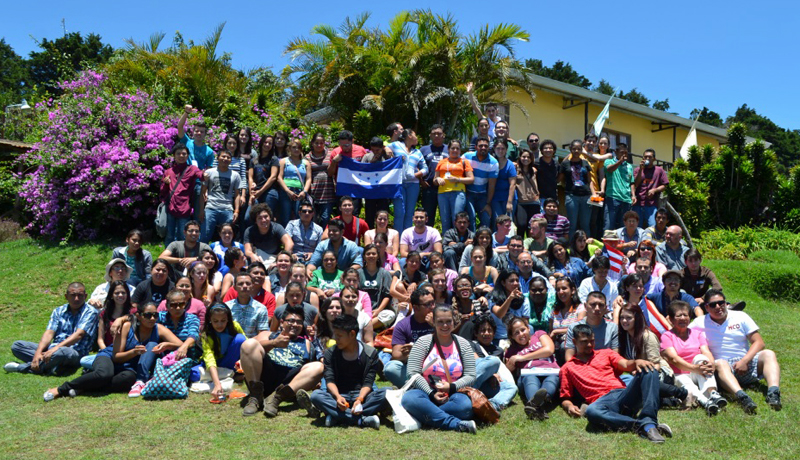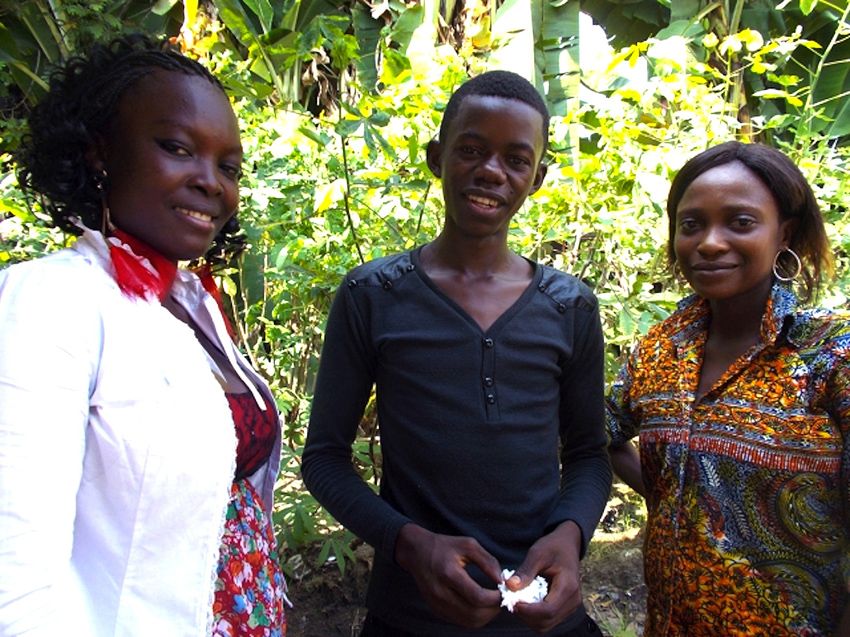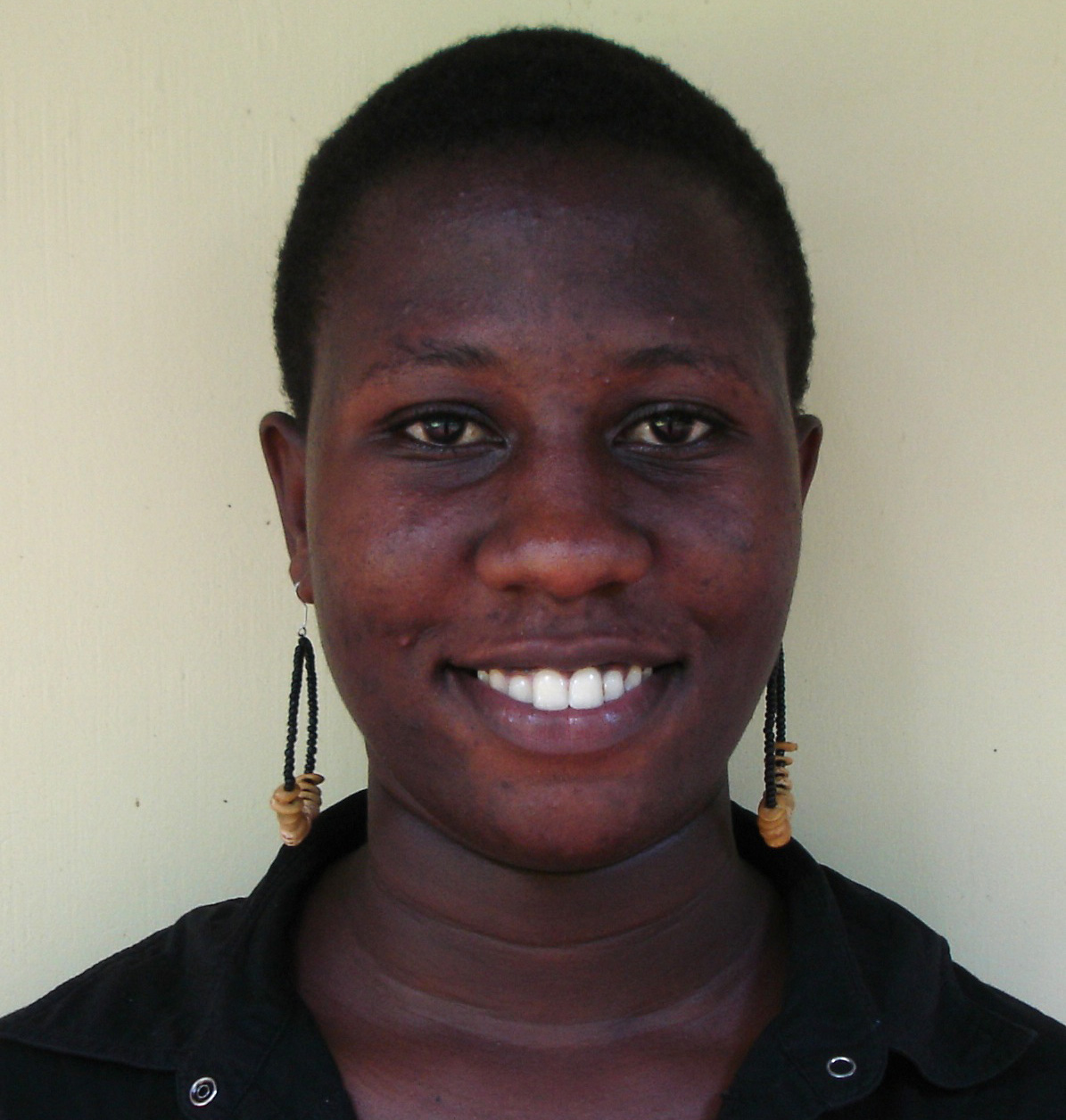-
Sharing our gift of prayers for Ukraine
GYS hears the challenges of the Mennonite church in Ukraine More than a year ago, Crimea – a Russian-speaking province on the south of Ukraine – was taken over by Russia through some military actions and a referendum. The conflict has since expanded to parts of eastern Ukraine, where more than 6,000 people have been
-
Walking in Receiving and Giving: Judit Menéndez
Economic hardship in Spain strengthens faith Judit Menéndez, MWC Global Youth Summit delegate from Spain, shared her church’s story of Walking in Receiving and Giving as her country experiences its worst economic crisis since the civil war in the 1930s. She belongs to the Comunidades Unidas Anabautistas in Burgos, about two hours north of Madrid.
-
Church participation enriches cross cultural experience
Winnipeg, Manitoba – Opportunities to fill leadership responsibilities in a local church enrich Yoweri Murungi’s one-year cross cultural service assignment in Lusaka, Zambia. His many new experiences include leading praise and worship services, Bible study classes and youth ministries at the Chilenje Brethren in Christ church in Lusaka. “These experiences help me gain leadership skills
-
After 25 years, tide begins to turn for conscientious objectors in Colombia
Bogotá, Colombia – “Pray, pray fervently that God will bring his favour, and that my case will become a door that many young people can walk through as well,” Colombian Reinaldo Aguirre pleaded to the church throughout his three years of administrative limbo. A conscientious objector to Colombia’s obligatory military service, the young man from
-
New intern brings Korean voice for reconciliation to UN
New York, New York, USA – JeaHyun Nham from the Republic of Korea (ROK/South Korea) is the latest Mennonite World Conference (MWC) intern to join the staff of the Mennonite Central Committee (MCC) United Nations Office. The intern is a joint appointment of MCC and MWC. Nham is a member of Jesus Village Church in
-
Global Youth Summit to precede PA 2015 Assembly
Harrisburg, Pennsylvania, USA – An international group of young Anabaptists – called the YABs Committee for short – are deep into planning the next Global Youth Summit (GYS), which will immediately precede the upcoming Mennonite World Conference Assembly. As the official MWC youth committee, they are putting together a mix of worship – with each
-
Young adults offer imaginative support to MWC Assembly
Winnipeg, Manitoba, Canada – A group of young adults in Manitoba are producing “bread cloths” and then selling them to raise both money and awareness for the July 2015 Mennonite World Conference Assembly and Global Youth Summit. “Since we are the host continent for this upcoming Assembly, and for the Global Youth Summit which immediately
-
YAMEN! experience feeds passion for helping children
Joint release by Mennonite World Conference and Mennonite Central Committee Bogotá, Colombia – Within days of her arrival in Bogotá on 21 August 2013 for her YAMEN! term, Rut Arsari already knew it would be difficult for her to leave. The wonderful people she would meet and the close relationships she would develop would make
-
Central American youth explore aspects of their Mennonite identity
Heredia, Costa Rica – Mennonite young people from a variety of countries came together for the annual Central American Mennonite Youth Conference in Costa Rica 27-30 March 2013. One hundred and twenty youth representatives from Guatemala, Honduras, Nicaragua, Costa Rica, Panama, Puerto Rico and Mexico shared with each other around the theme of “Mennonite Identity.”
-
Congolese youth strengthen ties
DR Congo — In a world where differences and distance often divide people of faith, Mennonite youth in the Democratic Republic of the Congo are participating in an exchange program to strengthen ties among the country’s three Mennonite conferences. The exchange program, called Menno-Monde, or Menno-World, allows youth to spend a week or two living
-
Young adults learn to love God and others through cross-cultural service
Uganda — Among the many memories that Shammah Nakawesi of Uganda brings home from her one-year service assignment in Indonesia is her new understanding of loving God and others. “Even in the uncertainties of life, loving God and loving others is all that matters,” says Nakawesi, who served as an English teacher and community worker
